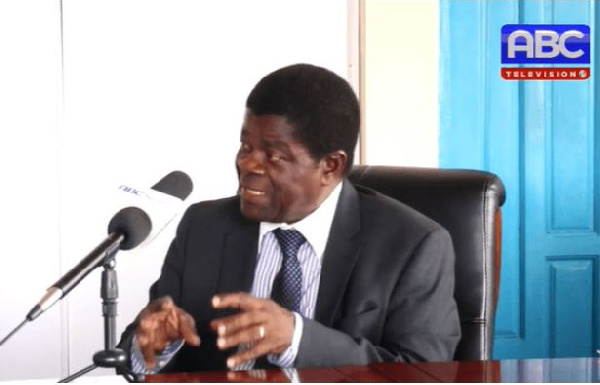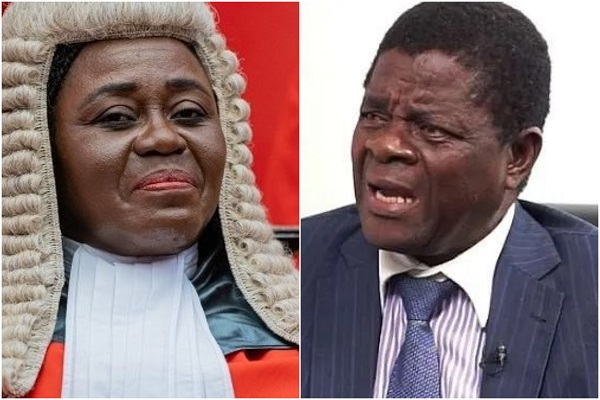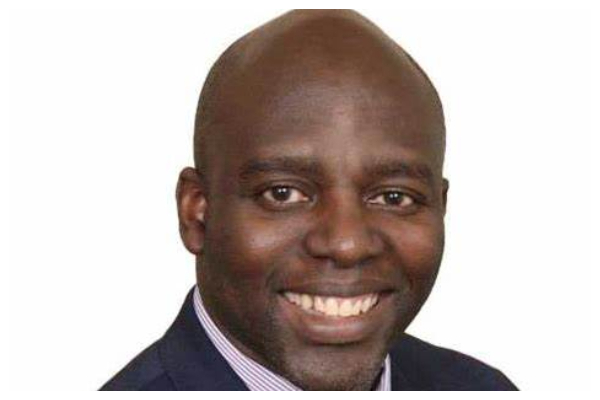Ghana's Judicial Integrity Tested Amid Chief Justice Suspension
Her public claims of political persecution now unfold alongside partially in-camera constitutional panel proceedings examining allegations of misconduct.
This process tests public trust in judicial independence during Ghana’s democratic transition under President Mahama’s NDC administration.
The article contends that while a Chief Justice has the right to defend their reputation, the office demands prioritizing institutional credibility over personal vindication. Prolonged public confrontation risks deepening cynicism about judicial impartiality, particularly given preexisting perceptions of alignment with the former NPP government. The Supreme Court’s recent refusal to support her legal application suggests substantive issues warrant examination beyond procedural complaints like travel arrangements.
In-camera proceedings draw criticism but may protect sensitive operational details from premature exposure that could irreparably damage judicial sanctity. Discretion here serves institutional preservation rather than obstruction, provided the constitutional process remains transparent in its conclusions.
Critical to resolution is Torkornoo’s adherence to due process without further public commentary. Silence now constitutes institutional stewardship – allowing the panel to complete its work unimpeded by media polarization. The outcome will establish precedent: either affirming robust accountability mechanisms or revealing vulnerability to political cycles that could permanently erode judicial independence.
This moment demands prioritizing the office above the individual. History will judge not merely the Chief Justice’s culpability, but whether Ghana’s judiciary emerges strengthened by demonstrating its capacity for self-correction within constitutional boundaries. The next appointment must transcend partisanship to restore institutional neutrality.
Follow on Google News










